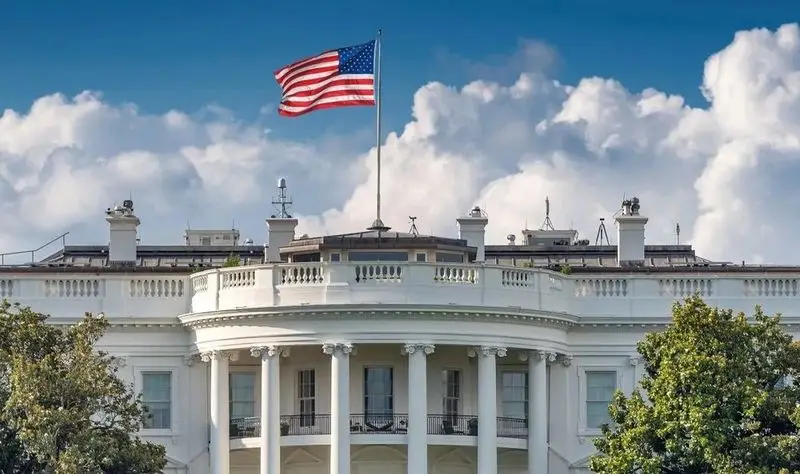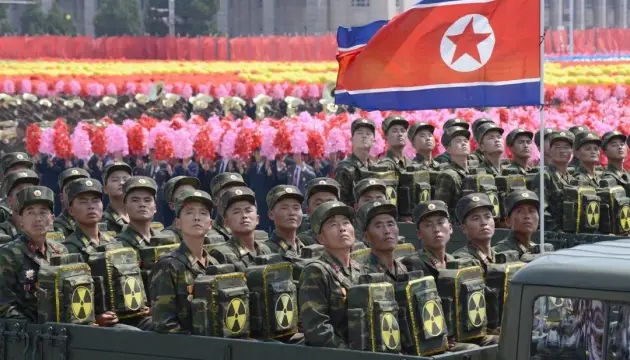Rebecca Lissner: The Architect of a New U.S. Foreign Policy?

How U.S. foreign policy might change under the influence of Kamala Harris' key advisor
As Democratic Party presidential candidate Kamala Harris has yet to outline a clear vision for the country's foreign policy, observers have turned their attention to her team of advisors. One key figure is Rebecca Lissner, the Deputy National Security Advisor, whose colleagues describe her as a brilliant and pragmatic thinker. Lissner, a political scientist and expert in U.S. "Grand Strategy", may play a crucial role in shaping the foreign policy of Harris' potential administration.
A Pragmatic Strategy Instead of Idealistic Politics
During her tenure under President Joe Biden, Lissner played a significant role in crafting the administration’s National Security Strategy. Her ideas are reflected in the 2020 book co-authored with Mira Rapp-Hooper, where they argue that the U.S. should stop trying to reshape the world in its own image. Instead, the country should invest in building an open and free world where America can thrive. This approach signals a departure from the traditional U.S. policy focused on global dominance through military and political superiority.
Lissner is critical of past approaches, including the Trump administration, which she believes focused on tactical victories without strategic planning. She advocates for a new direction, based on pragmatic engagement with international partners and a more measured approach to foreign policy.
Military Interventions and Grand Strategy
One of Lissner's key research areas is the impact of U.S. military interventions on the country’s Grand Strategy. Her studies show that these interventions have had far greater consequences for America’s global role than is commonly acknowledged. In her book Wars of Revelation, she examines how military operations have reshaped the strategic priorities of the U.S. after World War II.
This expertise makes Lissner a key figure in shaping a new approach to America's involvement in international military operations and alliances. Her pragmatic view suggests that U.S. foreign policy should be based on realistic assessments of the country’s capabilities and limitations, rather than on ideological aspirations.
A Role in Kamala Harris' New Administration
In April 2022, Lissner joined Kamala Harris' team, leaving her position at the National Security Council, where she led the so-called “Tiger Team” tasked with analyzing the long-term consequences of the russian-Ukrainian war. Her new role involves assisting Philip Gordon, Harris' National Security Advisor, in addressing the most pressing global issues.
While Kamala Harris has yet to define her exact foreign policy priorities, Lissner’s involvement suggests that the future U.S. approach may be more pragmatic, less driven by ideological concepts, and more focused on addressing the real challenges facing the country on the global stage.
If the old Washington adage that “personnel is policy” holds true, we can expect that under Kamala Harris and Rebecca Lissner, the U.S. will adopt a more realistic, less self-important foreign policy, ready to adjust to the shifting global landscape.











